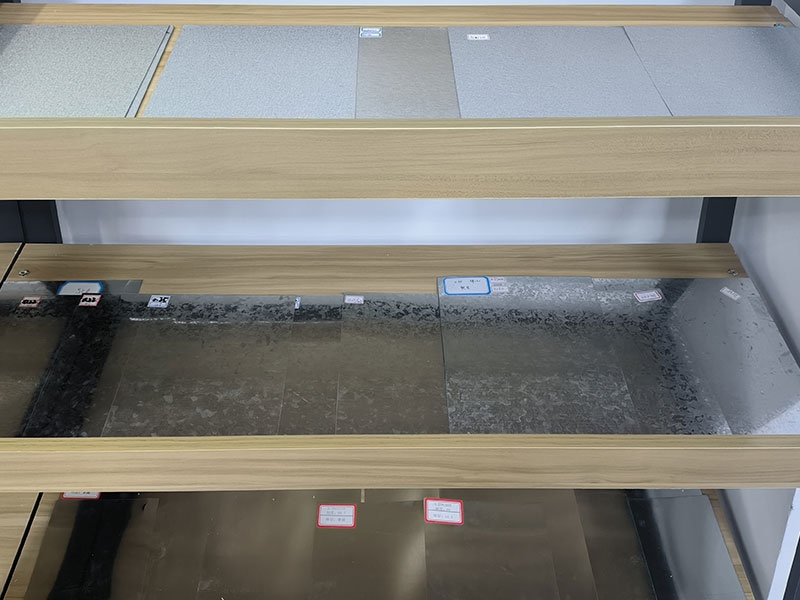Steel is one of the most versatile and widely used materials in various industries due to its strength, durability, and cost-effectiveness. The application markets of steel span across construction, automotive, manufacturing, infrastructure, and many other sectors. In this article, we will explore the diverse application markets of steel and its significance in different industries.
Construction Industry:
Steel plays a crucial role in the construction industry, where it is used for structural framing, beams, columns, and reinforcement. Its high strength-to-weight ratio, durability, and flexibility make it an ideal material for building skyscrapers, bridges, stadiums, and other structures that require stability and safety.
Automotive Sector:
Steel is a primary material used in the automotive industry for manufacturing vehicle components such as chassis, body panels, frames, and engine parts. Advanced high-strength steels are increasingly being utilized to enhance vehicle safety, fuel efficiency, and overall performance.
Manufacturing and Machinery:
Steel is essential in the manufacturing sector for producing machinery, equipment, tools, and industrial components. Its machinability, weldability, and toughness make it a preferred choice for fabricating a wide range of products in sectors such as aerospace, electronics, appliances, and machinery manufacturing (gl).
Infrastructure Development:
Steel is vital for infrastructure development projects, including roads, railways, airports, and utilities. It is used in the construction of bridges, tunnels, pipelines, and transmission towers due to its durability, reliability, and ability to withstand heavy loads and harsh environmental conditions.
Energy and Utilities:
Steel is extensively used in the energy sector for manufacturing pipelines, storage tanks, and support structures for power plants, wind turbines, and solar panels. Its corrosion resistance and strength make it an essential material for ensuring the reliable operation and longevity of energy infrastructure.



